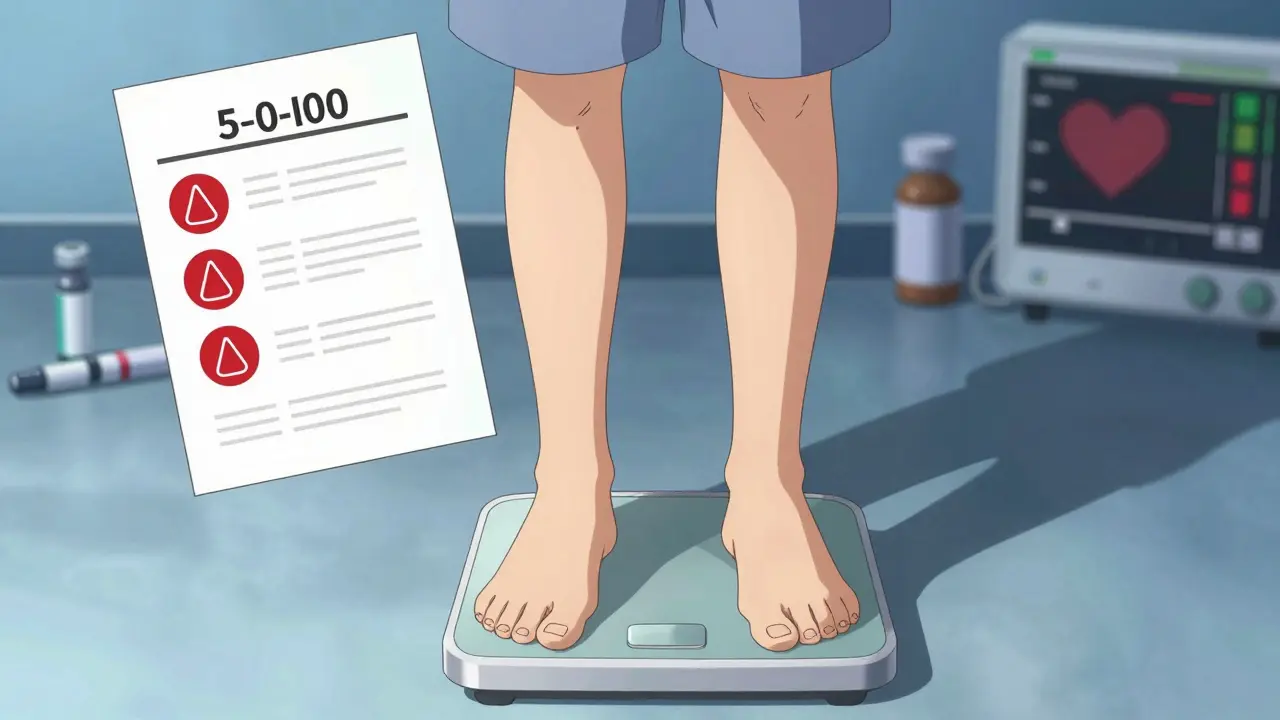
Pioglitazone (ACTOS) helps control blood sugar in type 2 diabetes but carries serious risks: heart failure, swelling in legs and feet, and increased bladder cancer risk with long-term use. Learn who should avoid it and what safer alternatives exist.
If you or someone you love has been told they have heart failure, it can feel overwhelming. The good news is that with the right knowledge you can handle it day by day. Below we break down what heart failure really means, how to spot the warning signs, and what steps help keep the heart working as well as possible.
Heart failure isn’t a single disease; it’s a condition where the heart can’t pump enough blood to meet the body’s needs. It often shows up after long‑term high blood pressure, coronary artery disease, or a previous heart attack damages the muscle. When the heart struggles, fluid may build up in the lungs, legs, or abdomen – that’s why swelling and shortness of breath are common clues.
Typical signs include persistent tiredness, breathlessness during simple activities, swelling around the ankles, and a rapid or irregular heartbeat. Some people notice a sudden weight gain of two to three pounds in a few days – that usually means fluid is collecting fast. If you get chest pain, fainting, or severe shortness of breath at rest, call emergency services right away.
Doctors diagnose heart failure with a physical exam, blood tests (like BNP), an ECG, and imaging such as an echocardiogram. These tools show how well the heart is pumping and where the problem lies. Knowing your ejection fraction – the percentage of blood pumped out each beat – helps guide treatment choices.
Medication is a cornerstone. ACE inhibitors, beta‑blockers, and diuretics are often prescribed to lower blood pressure, reduce fluid, and protect heart muscle. Newer drugs like ARNI (sacubitril/valsartan) can improve outcomes for many patients. Always discuss side effects with your doctor; they’ll adjust doses so you stay comfortable.
Beyond pills, lifestyle changes make a huge difference. Cutting salt to less than 2 grams per day helps prevent fluid buildup. Regular light exercise – like walking or stationary biking – improves circulation without overtaxing the heart. Keep track of your weight each morning; even a small rise can signal that you need to tweak diuretics.
Managing other health issues is crucial too. Control diabetes, quit smoking, and keep cholesterol in check. These actions reduce the strain on the heart and lower the chance of worsening failure.
If you notice sudden swelling, a rapid weight gain, or new breathlessness, contact your healthcare provider promptly. Many clinics have a “heart failure hotline” for urgent questions. Having an action plan – knowing which medications to take and when to call the doctor – can prevent hospital visits.
Living with heart failure is a team effort between you, your doctors, and your support network. By staying informed, watching symptoms closely, and following treatment guidelines, you can maintain quality of life and keep complications at bay.

Pioglitazone (ACTOS) helps control blood sugar in type 2 diabetes but carries serious risks: heart failure, swelling in legs and feet, and increased bladder cancer risk with long-term use. Learn who should avoid it and what safer alternatives exist.
As a blogger, I recently came across the topic of heart failure and pregnancy, and I am compelled to share my findings. The risks associated with heart failure during pregnancy are significant and can affect both the mother and the baby. It is crucial for women with heart conditions to consult with their healthcare providers before and during pregnancy to ensure proper care and management. Precautions, such as taking medications as prescribed and attending regular check-ups, can help minimize potential complications. Overall, awareness and proper medical care play a pivotal role in ensuring a healthy pregnancy for women with heart failure.